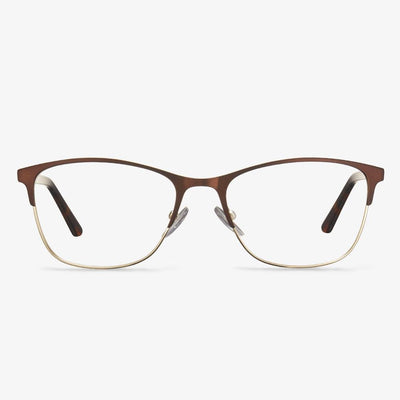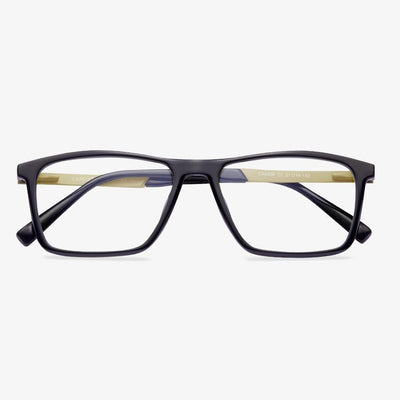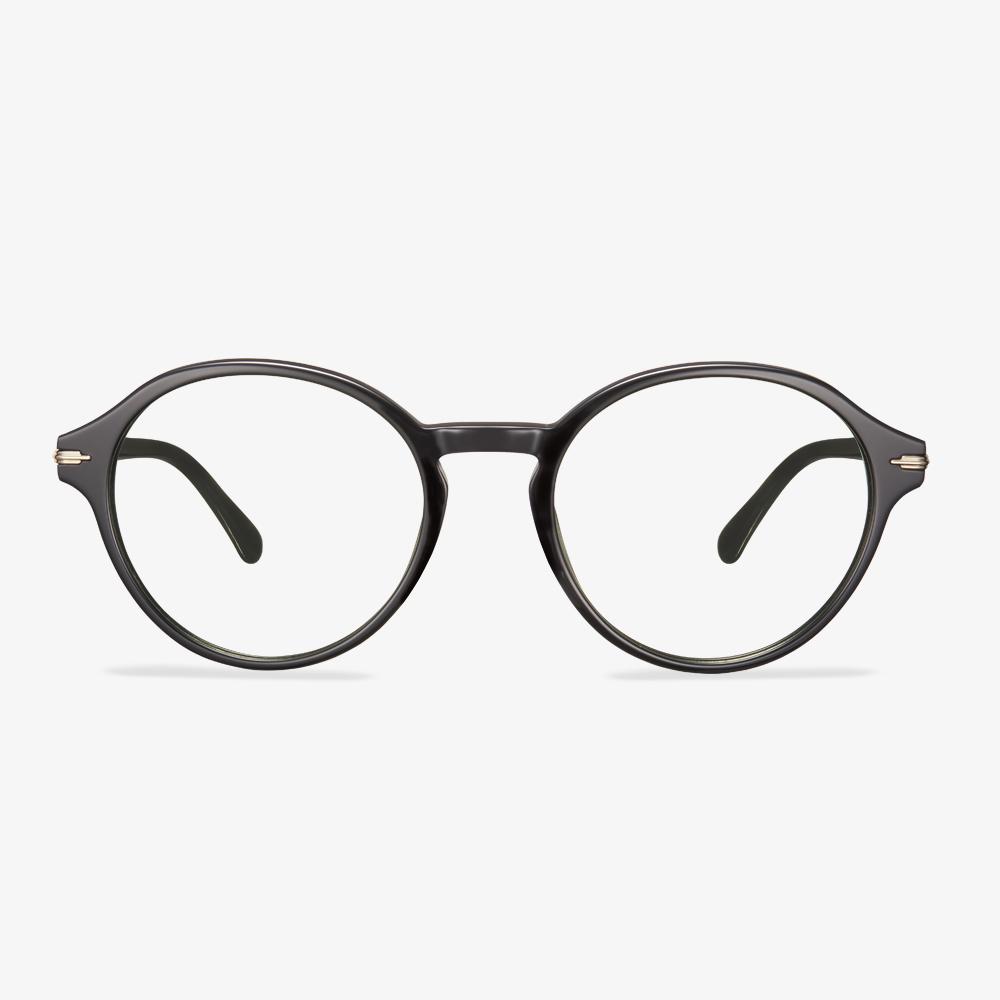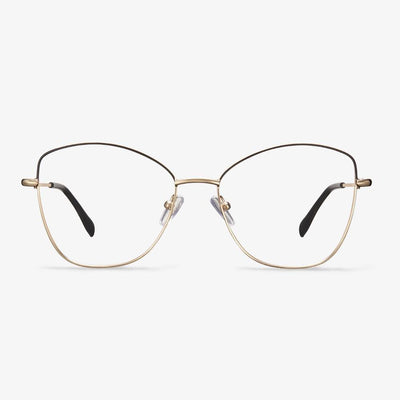What Are Trifocal Lenses?
When you are over 40 years old, your eyes may become old, too. Your corrective lens requirements may become increasingly unique, Most people are familiar with bifocal glasses but unfamiliar with trifocal glasses. So, in this post, we will show you what trifocal glasses are.
Trifocal lenses have three different corrective lenses within one lens to offer you intermediate, distance, and near correction, all in one pair of glasses. The varying levels of correction cab are laid out in a couple of different ways to ensure the layout suits your unique vision needs and comfort level.
The near vision is to correct close-up vision, the intermediate vision is often used for card playing and staring at the computer screen fall with this range of vision, and the distance vision is often used for driving or looking at a whiteboard.
The birth of progressive lenses
In 1907, British optometrist Owen Aves first proposed the concept of progressive lenses and got the first patent of progressive lenses. In 1910, Henry Orford Gowlland designed and made a similar lens in Canada, but technical limitations prevented it from succeeding. In 1959, Bernard Maitenaz, a French optical and mechanical engineer, developed the first progressive lens, which was successfully put into the commercial market for the first time and became a milestone in the history of world optometry. With the development of science and technology, the design of progressive lenses has been greatly developed.
Different types of nose pads for glasses
The fixed nose pad is usually used on the plate frame. The nose pad and the frame form an organic whole. The maintenance is more convenient, unlike the movable type that should often twist a screw. It is not easy to hide dirt and dirt. But the disadvantage is that the angle of the nose pad can not be adjusted, and it can not fit the bridge of the nose greatly. The movable nose pad can be automatically adjusted up and down according to the shape of the bridge of the nose to ensure that the compression part of the bridge of the nose is evenly stressed and the local pressure is reduced. But the disadvantage is to often check the tightness of the screw, but often scrub clean. The silicone material usually used in the nose pad is easy to yellow after a long time, which affects the appearance.
Glasses Size - Temple Length
The length of the temple is the length of the arm of your glasses. It's how far the arm is bent, all the way to where it intersects the frame. Although lengths may range from 120 to 150 mm, there are some common industry standards:135, 140, 145, and 150 mm. The temples are long enough to extend beyond your ears, so the ends can be changed to match the contours of your head behind your ears.
What Do Progressive Glasses Mean?
Progressive lenses, also called PALs, are the most popular multifocal lenses today. They offer an effective and great-looking vision solution for individuals with presbyopia. The main benefit of progressive lenses is that they do not have a visible line bisecting the lens, but rather a seamless and gradual change in power as you move down the lens.
Rather than two or three distinct zones, progressive lenses offer a smooth transition of focal powers that covers the total range of clear vision from close to far and every point in between.
What is the function of eyeglasses holder straps?
If your glasses are loose or slip off a lot, or if you have an active lifestyle, the eyeglasses holder straps can be very helpful. This simple device is designed to help you track your glasses and keep them from falling off. Retailers sell eyewear holder straps in a variety of designs, materials, and colors.
Why do you need night-driving glasses?
Aging causes our pupils to become progressively smaller, so they don't dilate as quickly. A smaller pupil means less light reaches your retina, which makes it harder to see at night. The weak artificial light, and the fact that we can't see beyond these sources in the dark, exacerbate the dangers of night driving. For people wearing prescription glasses, the risk of driving at night is much greater. Driving can be stressful, especially if you have poor eyesight. This is especially true at night. If you have poor vision and drive at night, you're vulnerable to a number of potential hazards, and we're talking about prescription glasses for night driving. These glasses can play a big role in making you safer and more comfortable. They can even save your life. This is especially important as night vision decreases with age. When you drive at night, choosing the best prescription glasses for night driving can make your life easier.











































